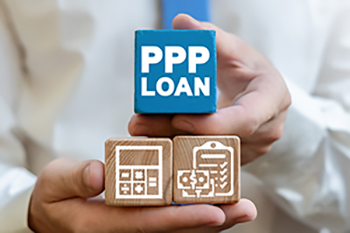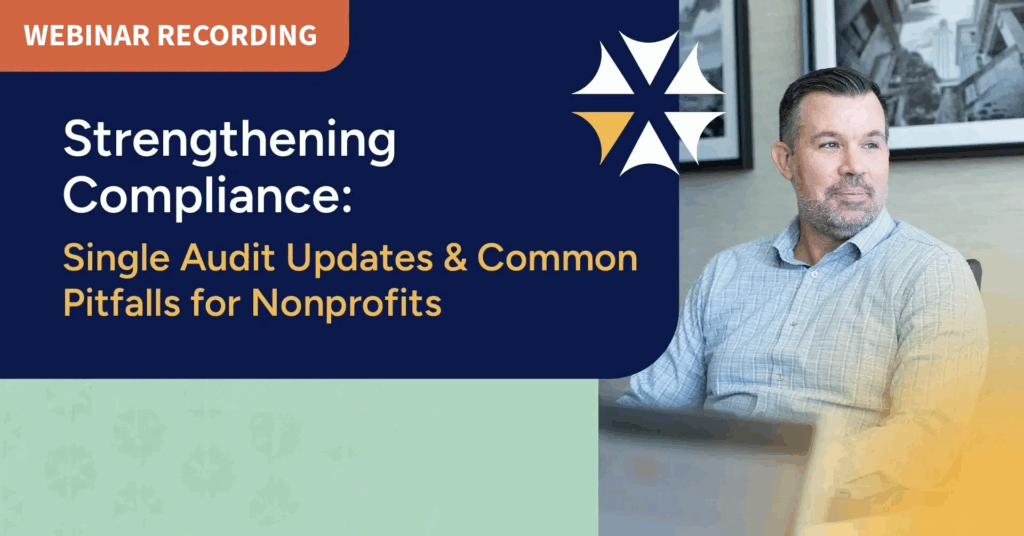
On November 18, 2020, the IRS released new guidance clarifying its current position on whether and when taxpayers may deduct expenses that were paid for with PPP loans that are expected to be forgiven. This guidance should be taken into consideration for tax planning and estimates. However, please note that Congress has previously introduced legislation to allow taxpayers to deduct expenses paid with forgiven PPP loan funds. That legislation is still pending, but it is possible we could see this taxpayer beneficial legislation pass in late 2020 or early 2021, so keep your eye out for future updates.
In Revenue Ruling 2020-27, the IRS states its position that taxpayers may not take a 2020 tax deduction for the expenses paid in 2020 to the extent that there is a reasonable expectation of loan forgiveness based upon those expenses. This applies regardless of whether the forgiveness application is approved or even submitted prior to 2020 year end, as long as the taxpayer has otherwise met the forgiveness requirements and has a reasonable expectation that the loan will ultimately be forgiven.
In Revenue Procedure 2020-51, the IRS provides a safe harbor for taking the deductions on a 2020 return, amended return, or Administrative Adjustment Request if the taxpayer is denied forgiveness of all or part of the loan or the taxpayer irrevocably decides not to seek forgiveness for all or part of the loan. The deductions are permitted only up to the amount that was denied forgiveness or for which the taxpayer decided not to apply for forgiveness. Alternatively, those expenses may be deducted on the 2021 tax return.
PPP loan forgiveness and related tax implications are an evolving issue, so please stay tuned for future updates. For more information about the Paycheck Protection Program, please visit our COVID-19 Updates and Resources page. As always, please do not hesitate to reach out to the ML&R team with any questions




